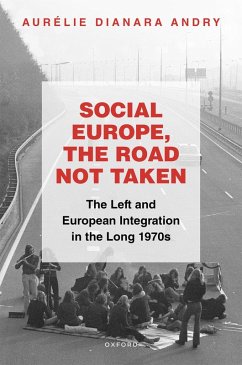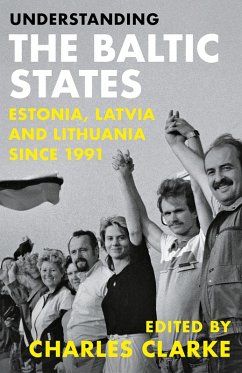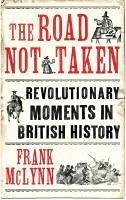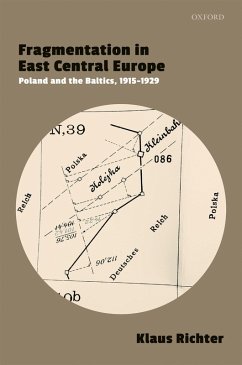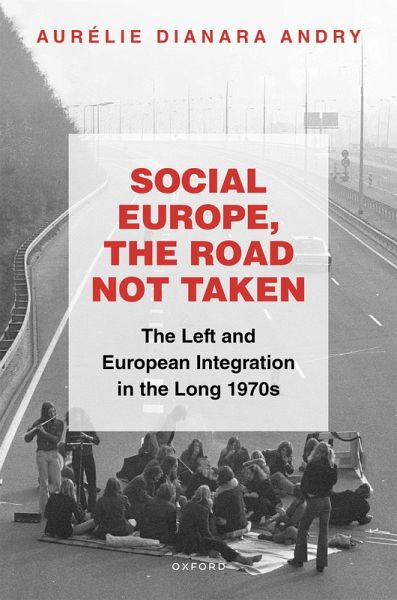
Social Europe, the Road not Taken (eBook, ePUB)
The Left and European Integration in the Long 1970s
Versandkostenfrei!
Sofort per Download lieferbar
43,95 €
inkl. MwSt.
Weitere Ausgaben:

PAYBACK Punkte
22 °P sammeln!
This book examines the European Left's attempt to think and give shape to an alternative type of European integration-a 'social Europe'-during the long 1970s. Based on fresh archival material, it shows that the western European Left-in particular social democratic parties, trade unions, and to a lesser extent 'Eurocommunist' parties-formulated a project to turn 'capitalist Europe' into a 'workers' Europe'. This project favoured coordinated measures for wealth redistribution, market regulation, a democratisation of the economy and of European institutions, upward harmonisation of social and fis...
This book examines the European Left's attempt to think and give shape to an alternative type of European integration-a 'social Europe'-during the long 1970s. Based on fresh archival material, it shows that the western European Left-in particular social democratic parties, trade unions, and to a lesser extent 'Eurocommunist' parties-formulated a project to turn 'capitalist Europe' into a 'workers' Europe'. This project favoured coordinated measures for wealth redistribution, market regulation, a democratisation of the economy and of European institutions, upward harmonisation of social and fiscal systems, more inclusive welfare regimes, guaranteed employment, economic and social planning with greater consideration for the environment, increased public spending to meet collective needs, greater control of capital flows and multinational corporations, a reduction in working time, and a fairer international economic order favouring the global south. During the pivotal years following 1968, deeply marked by labour militancy, new social movements, economic crisis, and the unmaking of the 'postwar compromise', a window of opportunity opened in which European integration could have taken different roads. The defeat of 'social Europe' was a result of a decade-long social conflict which ended with the affirmation of a neoliberal Europe. Investigating this forgotten struggle and the reasons of its defeat can be useful not just to scholars and students eager to understand the historical evolution of European integration, the European Left, and European capitalism, but also to anyone interested in building alternative European and global futures.
Dieser Download kann aus rechtlichen Gründen nur mit Rechnungsadresse in A, B, BG, CY, CZ, D, DK, EW, E, FIN, F, GR, HR, H, IRL, I, LT, L, LR, M, NL, PL, P, R, S, SLO, SK ausgeliefert werden.




